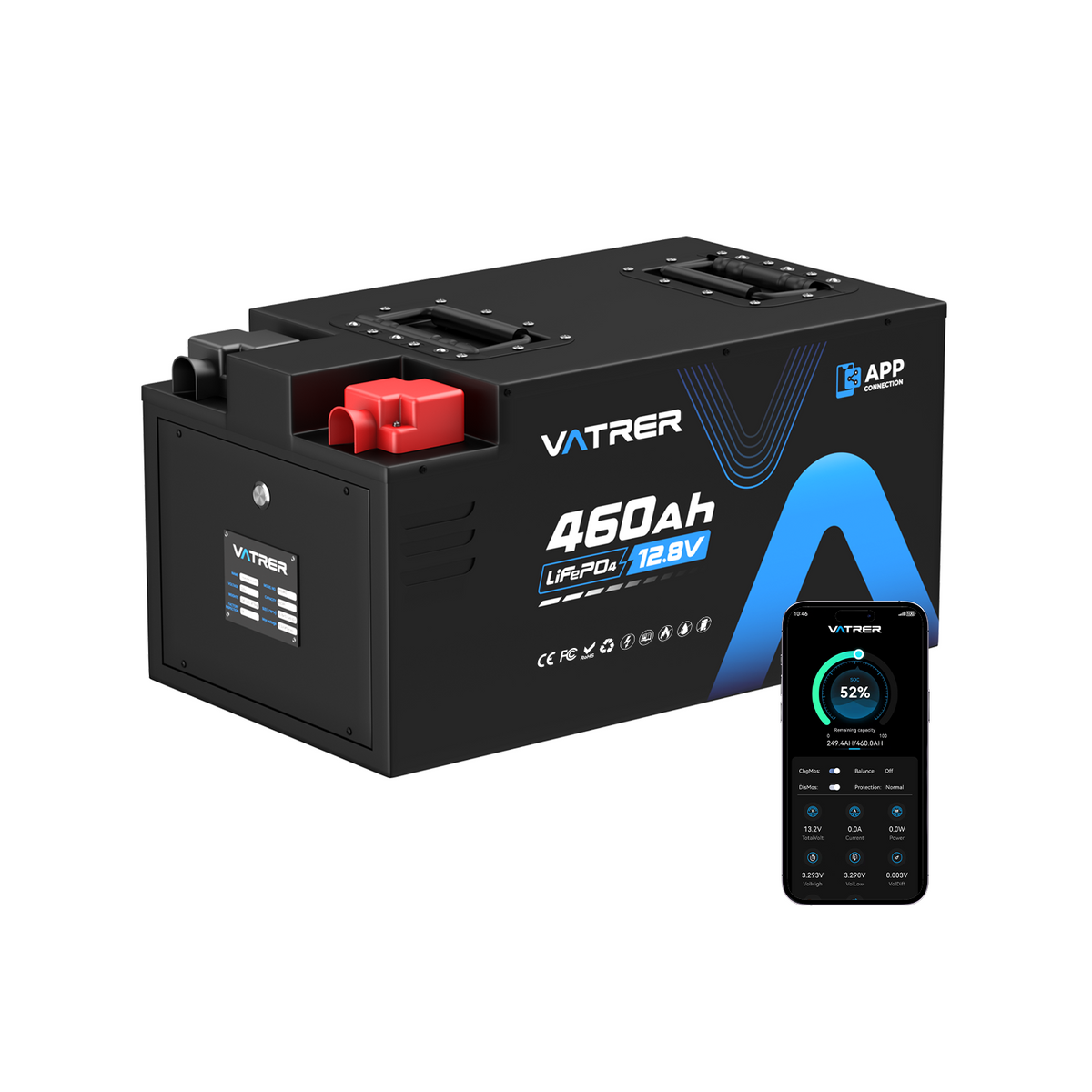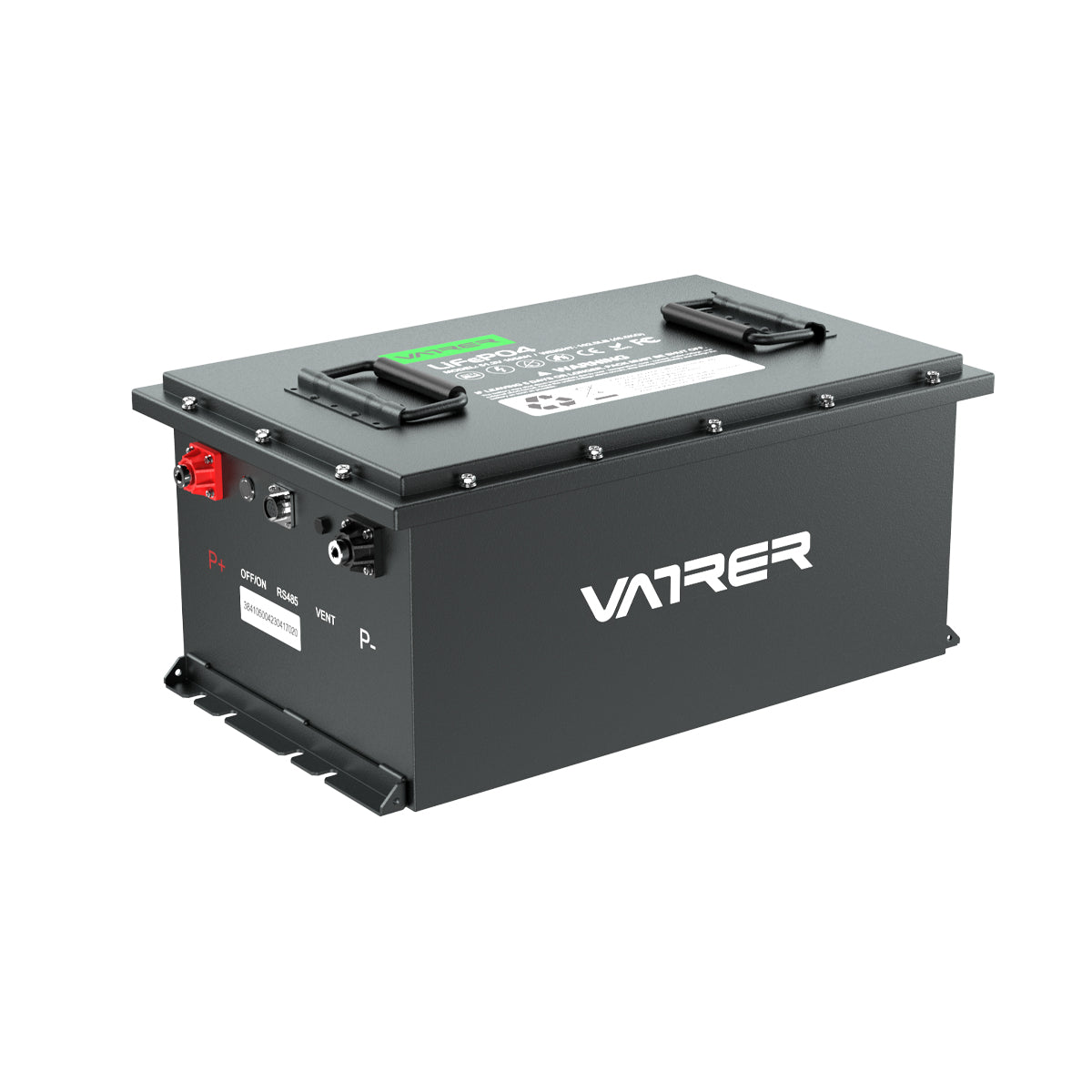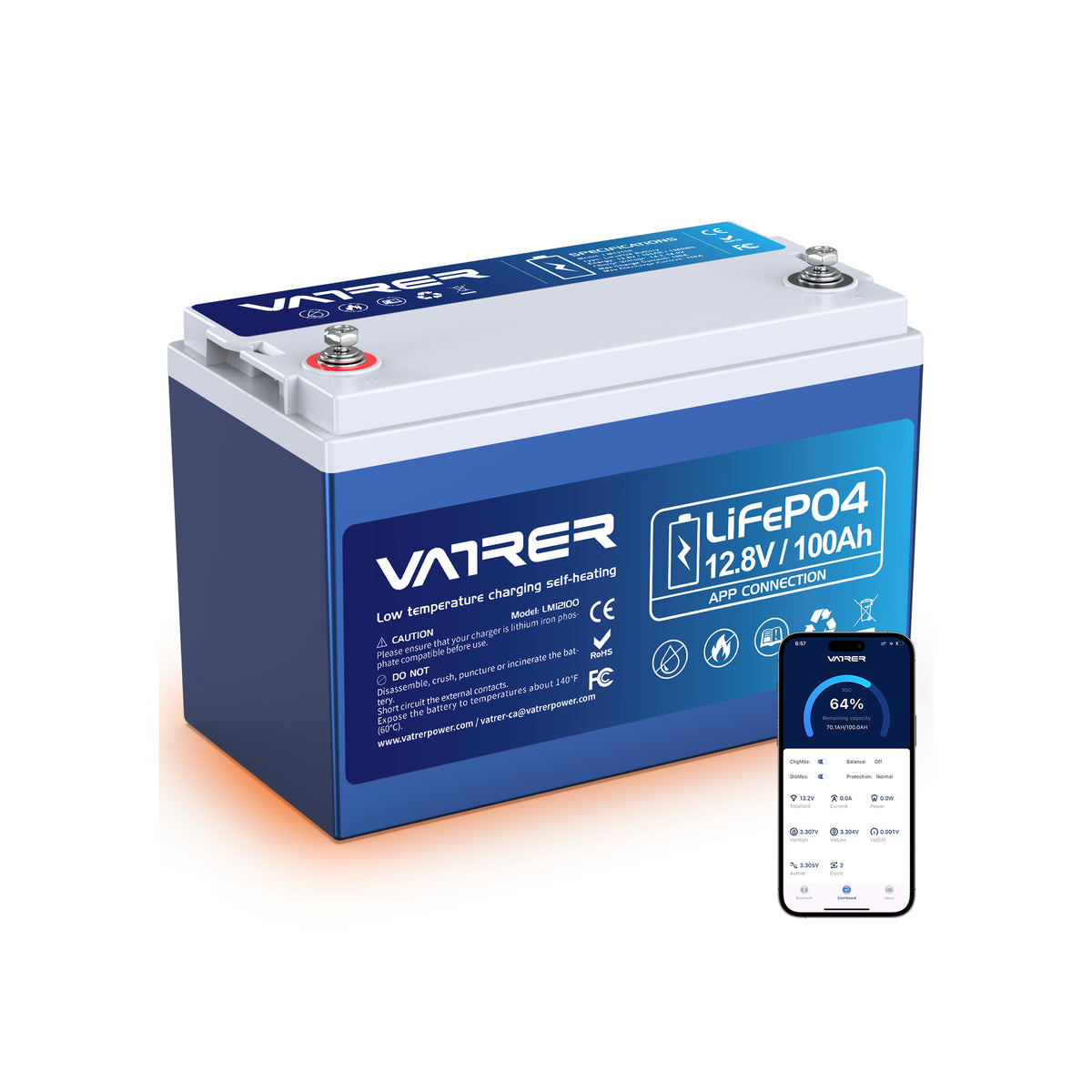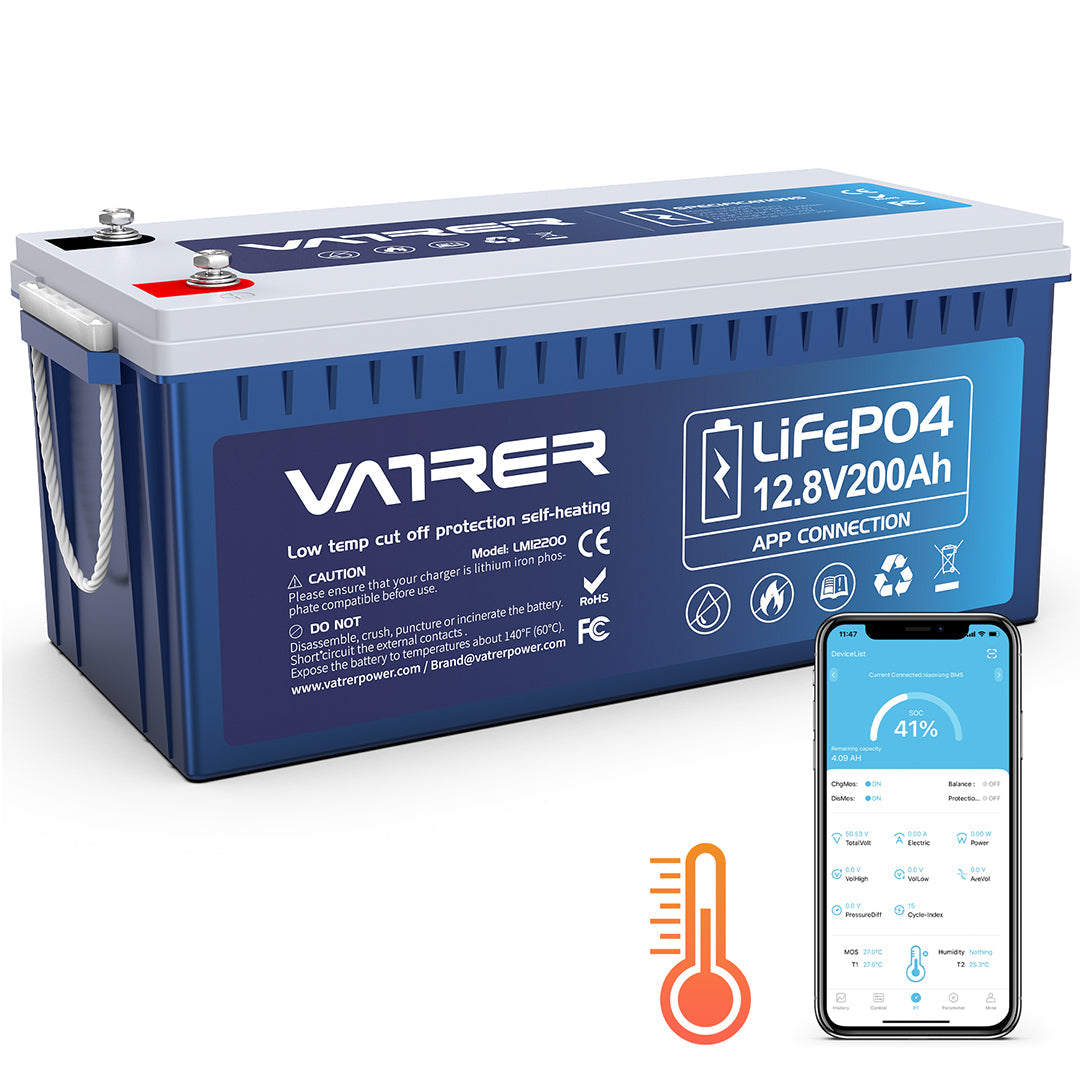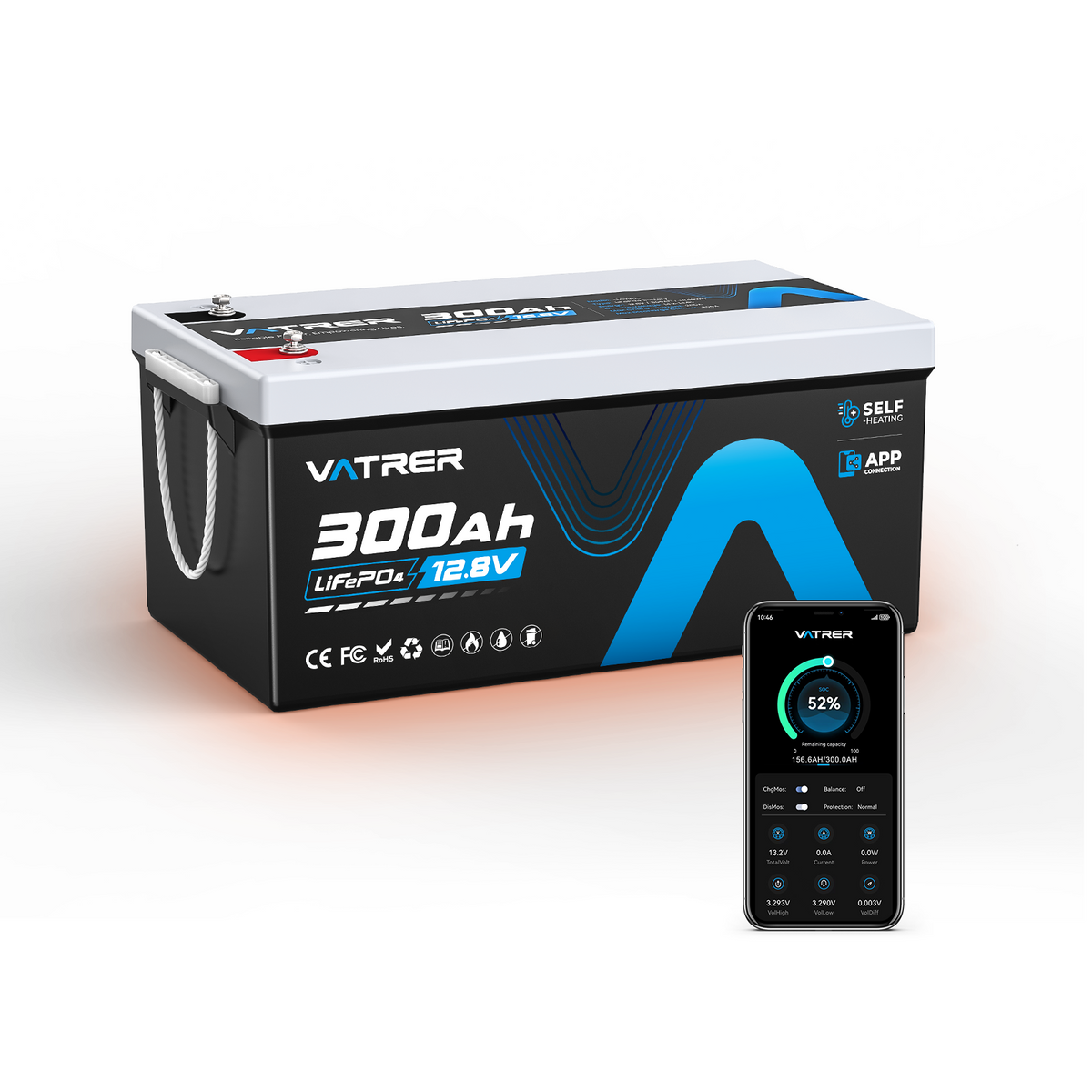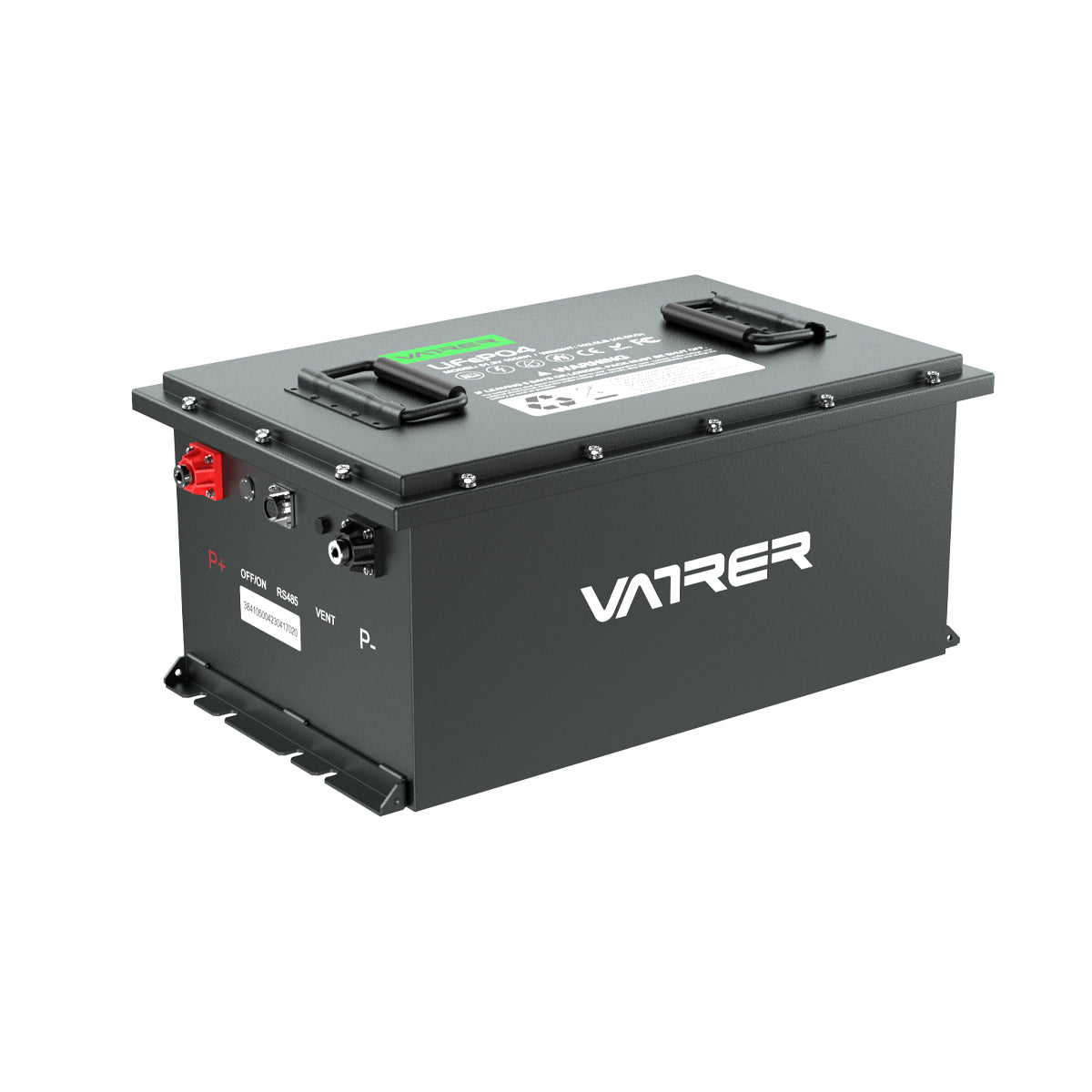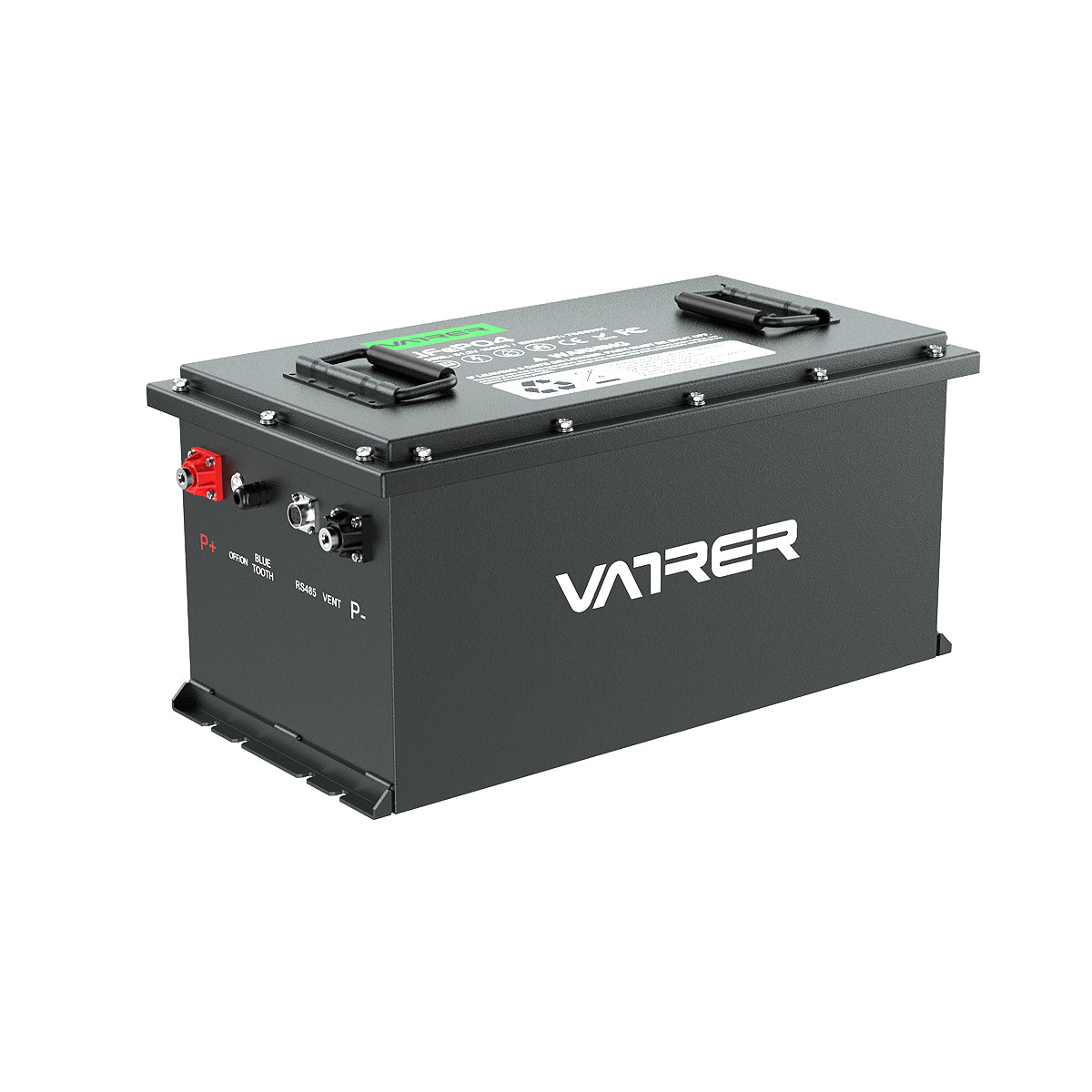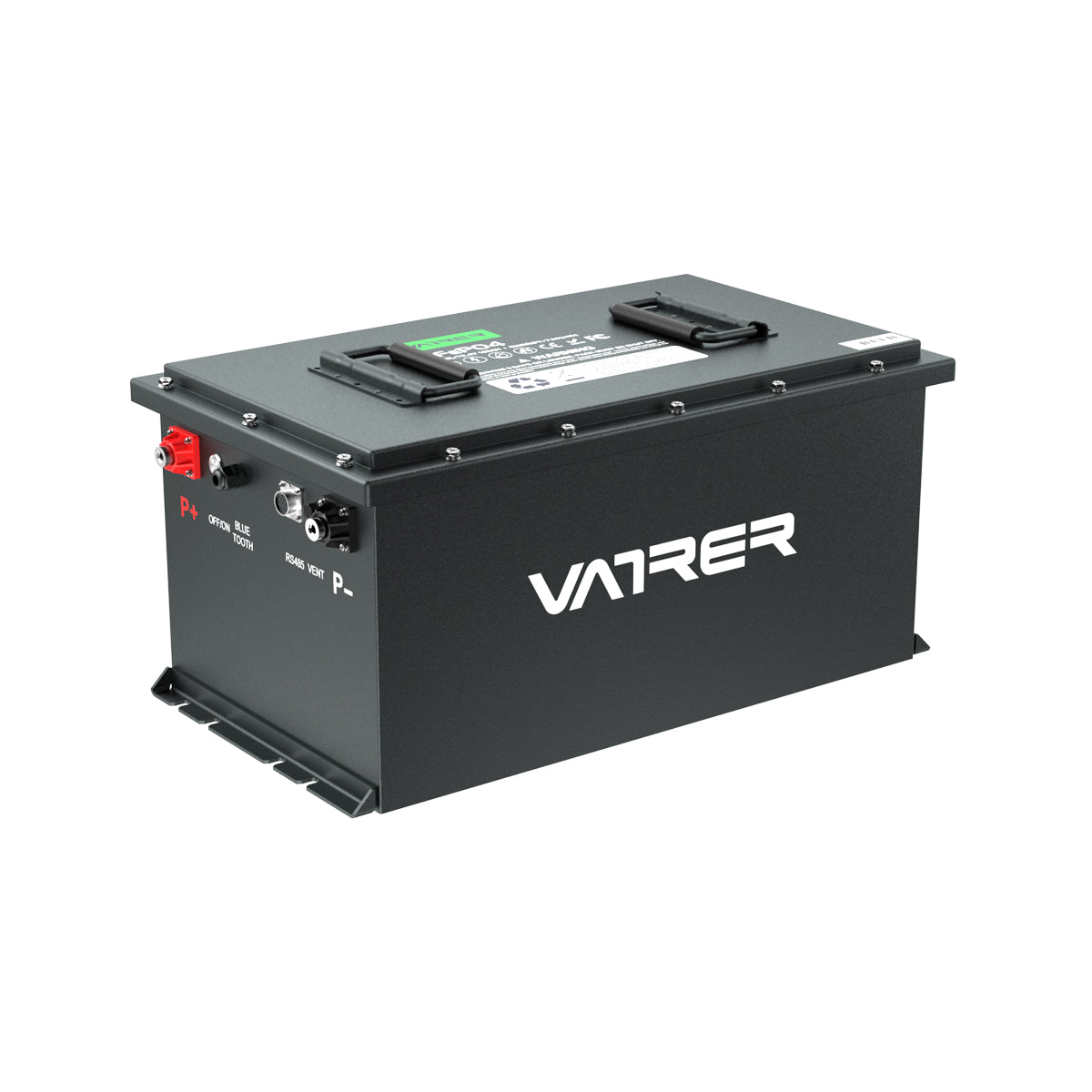1. Introduction
Definition of Golf Carts
Golf carts are small motorized vehicles originally designed to transport golfers and their equipment around a golf course. Typically, they are powered by electric motors or small gasoline engines and are characterized by their compact size, low speed, and open-air design. While their primary function is to facilitate movement on golf courses, their utility has expanded to include various other applications.
Purpose and Common Uses
Beyond the golf course, golf carts are now commonly used in a variety of settings. They are popular in gated communities, resorts, airports, and large campuses for transportation purposes. Their ease of use, low maintenance costs, and environmental benefits make them an attractive option for short-distance travel. However, their use is generally restricted to private properties and designated areas, which influences the legal requirements surrounding their ownership and operation.

2. Legal Framework
Overview of Vehicle Titling
Vehicle titling is a legal process that establishes ownership of a vehicle. A title is a formal document issued by a governmental authority that serves as proof of ownership. It includes important information such as the vehicle's make, model, year, and Vehicle Identification Number (VIN). Titling is a standard requirement for most motor vehicles, ensuring that ownership is clearly documented and transferable.
Differences Between Golf Carts and Other Vehicles
Unlike standard motor vehicles, golf carts are not universally required to have titles. This distinction arises from their intended use and design. Golf carts are primarily designed for off-road use on private properties, which exempts them from many of the regulations that apply to road vehicles. However, this does not mean that golf carts are entirely free from legal requirements. The need for a title can vary based on modifications made to the cart and the jurisdiction in which it is used.
3. State-Specific Regulations
Examples of States Requiring Titles
In some states, golf carts are required to have titles, especially if they are modified for street use. For instance, states like Florida and California have specific regulations that mandate titling for golf carts that are converted into Low-Speed Vehicles (LSVs). These modifications typically include adding safety features such as headlights, turn signals, and seat belts, making the golf cart compliant with road safety standards.
States Where Titles Are Not Required
Conversely, many states do not require titles for golf carts that are used solely on private property or within golf courses. States like Texas and Georgia, for example, do not mandate titles for unmodified golf carts. In these regions, a bill of sale or a serial number may suffice as proof of ownership. The absence of a title requirement reflects the limited scope of use and the non-roadworthy nature of these vehicles.
4. Street-Legal Modifications
What Makes a Golf Cart Street-Legal
To be considered street-legal, a golf cart must undergo specific modifications that align it with the safety standards of road vehicles. These modifications often include the installation of headlights, taillights, turn signals, mirrors, windshields, and seat belts. Additionally, the cart must meet speed limitations, typically not exceeding 25 miles per hour. Once these modifications are made, the golf cart may be classified as a Low-Speed Vehicle (LSV), subjecting it to titling and registration requirements similar to those of standard vehicles.
Impact on Titling Requirements
The transition from a standard golf cart to a street-legal LSV significantly impacts titling requirements. Once a golf cart is modified for road use, it is treated as a motor vehicle under the law, necessitating a title. This process ensures that the vehicle is legally recognized for use on public roads and that ownership is properly documented. The title also facilitates the transfer of ownership and provides a record of any liens or encumbrances on the vehicle.
5. Ownership and Identification
Role of Serial Numbers
While titles are not universally required for golf carts, serial numbers play a crucial role in identifying and verifying ownership. Every golf cart is assigned a unique serial number by the manufacturer, which serves as an identifier similar to a VIN in cars. This number is essential for tracking the cart's history, verifying ownership, and facilitating any necessary repairs or replacements.
Alternative Proof of Ownership
In the absence of a title, other documents can serve as proof of ownership for golf carts. A bill of sale, which details the transaction between the buyer and seller, is commonly used. Additionally, registration documents, if applicable, can also serve as proof of ownership. These alternatives provide a means of establishing legal ownership without the need for a formal title.
6. Conclusion
Summary of Key Points
In summary, the requirement for golf cart titles is not uniform and depends largely on the intended use and jurisdiction. Standard golf carts used on private properties typically do not require titles, while those modified for street use as LSVs do. The legal framework surrounding golf carts is influenced by their design, purpose, and modifications, which determine their classification and the associated legal requirements.
Final Thoughts on the Necessity of Titles for Golf Carts
The necessity of titles for golf carts hinges on their use and the regulatory environment of the state. For most recreational and private uses, titles are not required, simplifying ownership and operation. However, as the use of golf carts expands beyond traditional settings, understanding the legal implications and requirements becomes increasingly important. Whether for personal use or street-legal modifications, being informed about the titling process ensures compliance with local laws and protects ownership rights.





